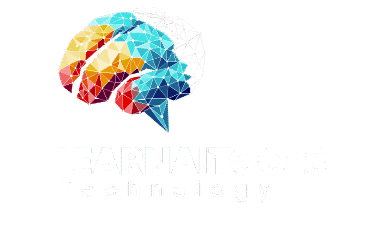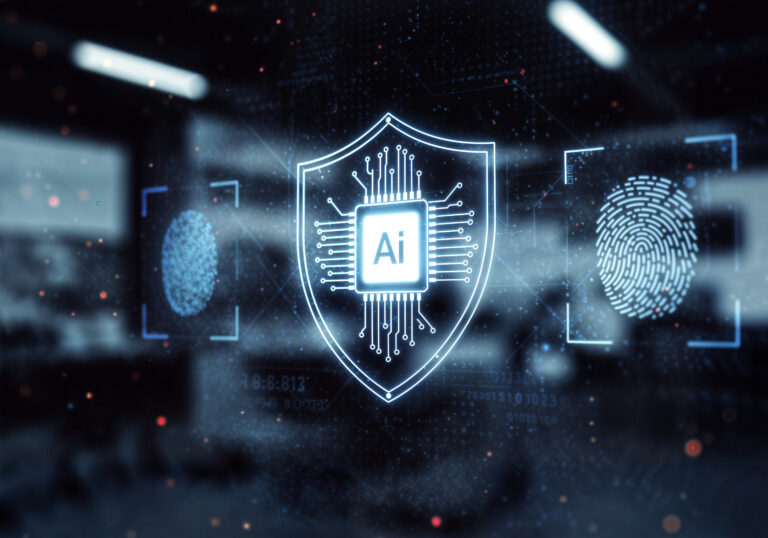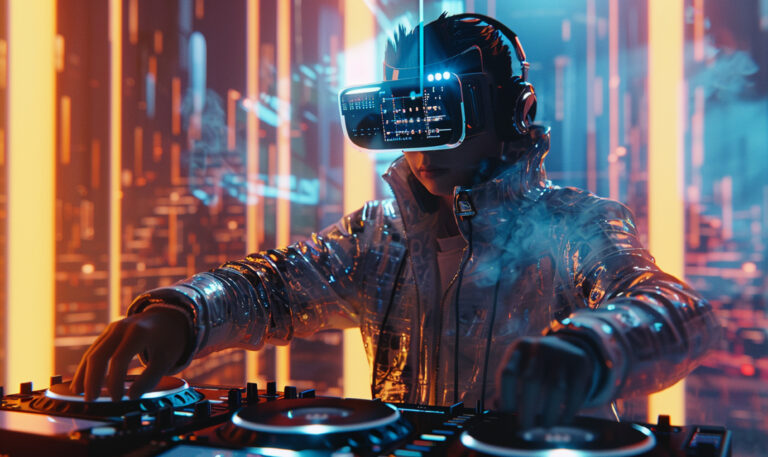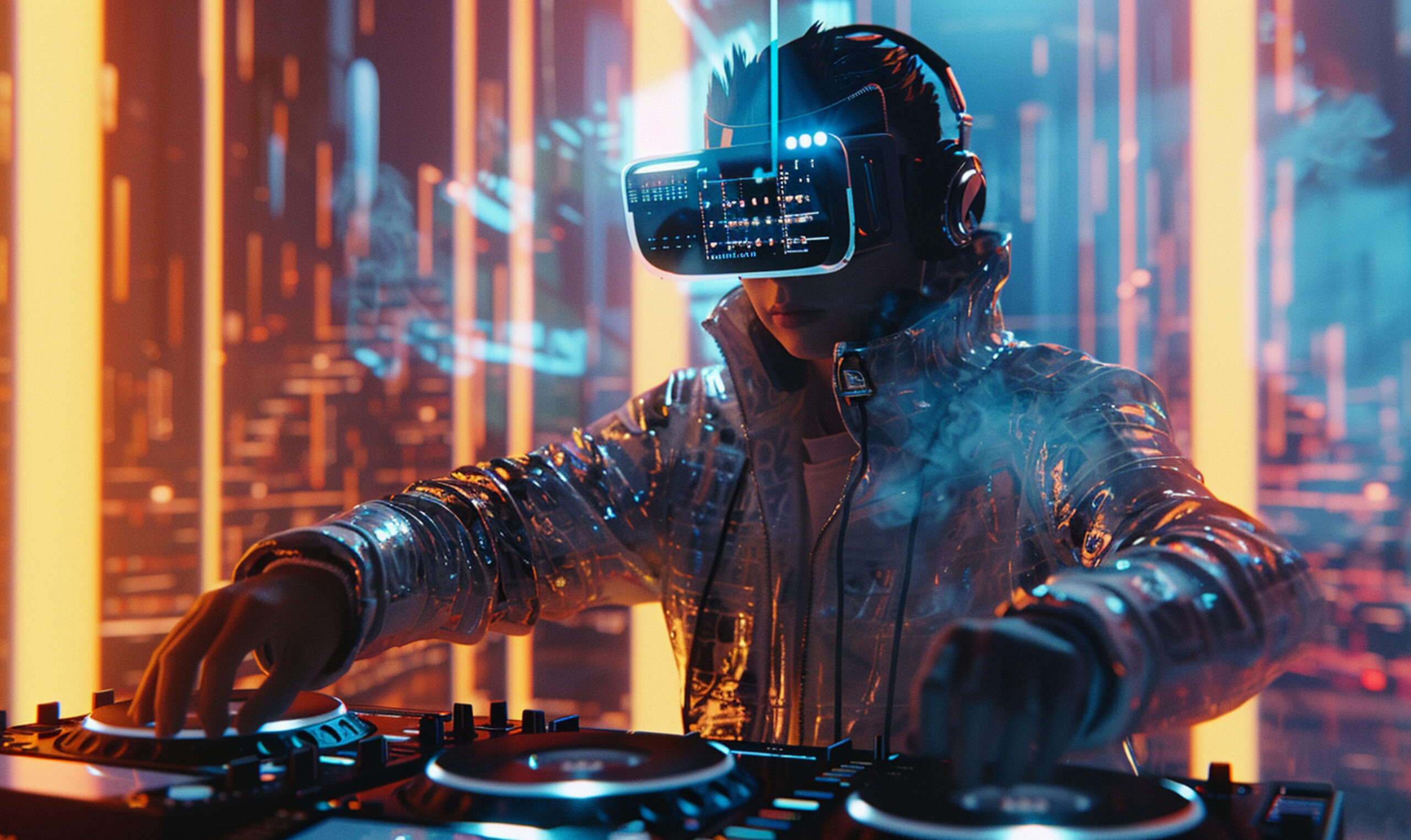
AI Gaming Evolution 2025: The Future of Intelligent Play
AI Gaming Evolution 2025 marks a revolutionary turning point in the gaming industry. It’s not just about better graphics or faster processors—it’s about creating games that can think, learn, and evolve alongside players. This article explores how AI Gaming Evolution 2025 is transforming gameplay, NPC behavior, adaptive environments, and player engagement, as well as the challenges and opportunities that come with it.
Introduction: Why AI Gaming Evolution 2025 Matters
AI Gaming Evolution 2025 represents the next phase of smart entertainment. Traditional games followed fixed scripts and pre-programmed behaviors, but now AI allows games to learn from players’ decisions, preferences, and styles. This innovation creates dynamic experiences that adjust difficulty, narrative flow, and even emotional tone.
AI in gaming isn’t just enhancing fun—it’s reshaping industries like education, healthcare, and professional training through realistic simulations and immersive experiences.
Key Areas of Transformation in AI Gaming Evolution 2025
1. AI Gaming Evolution 2025 and Adaptive Gameplay
Gaming Evolution 2025 introduces adaptive gameplay, where games analyze a player’s actions and modify the experience accordingly. If a player tends to play aggressively, the AI may adjust enemy strategies. If a player is learning slowly, the game can reduce difficulty or offer subtle hints. This adaptability ensures a more engaging and personalized gaming journey for every player.
2. AI Gaming Evolution 2025 and Smarter NPCs (Non-Player Characters)
Gone are the days when NPCs followed simple scripts. Gaming Evolution 2025 brings intelligent NPCs that understand player behavior, respond emotionally, and make independent decisions. They can form alliances, betray players, or evolve their personalities based on previous encounters, making virtual worlds feel truly alive.
3. AI Gaming Evolution 2025 and Procedural Content Generation
Gaming Evolution 2025 enables automatic generation of maps, quests, and levels through AI-driven algorithms. Each gameplay session becomes unique—no two experiences are ever the same. This also saves developers time and allows them to focus more on creativity and storytelling.
4. AI Gaming Evolution 2025 in AR and VR Experiences
Artificial intelligence enhances AR (Augmented Reality) and VR (Virtual Reality) by interpreting players’ gestures, emotions, and surroundings. For instance, if a player seems scared, AI may adjust lighting or sound to balance the atmosphere. This creates deeper immersion and more realistic interactions in virtual worlds.
5. AI Gaming Evolution 2025 and Intelligent Multiplayer Companions
Multiplayer games are becoming more inclusive with Gaming Evolution 2025, as AI companions can now fill gaps when real players aren’t available. These AI teammates make decisions, communicate effectively, and help balance matches, ensuring seamless and enjoyable multiplayer experiences.
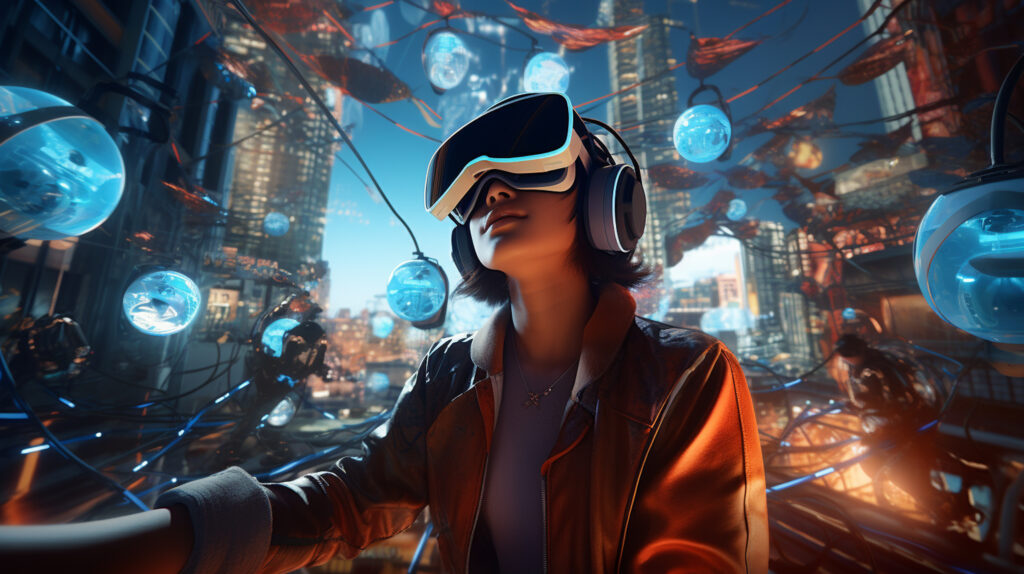
Challenges and Limitations of AI Gaming Evolution 2025
1. Data Privacy Concerns
As games collect behavioral data to personalize experiences, Gaming Evolution 2025 raises serious questions about privacy and ethical use of player data. Transparency in how this data is stored and used will be crucial.
2. Maintaining Game Balance
If AI becomes too smart, the game could become unfairly difficult. Conversely, overly simplistic AI can make gameplay boring. Balancing AI intelligence is one of the biggest challenges in Gaming Evolution 2025.
3. High Development Costs
Implementing Gaming Evolution 2025 requires advanced machine learning models, powerful hardware, and frequent updates. This makes it expensive, particularly for small or independent studios.
4. Unpredictable Behavior and Security Risks
AI-driven systems sometimes act unpredictably. In Gaming Evolution 2025, self-learning AI may behave in unintended ways, potentially affecting gameplay or performance. Additionally, malicious users could exploit AI systems for unfair advantages.
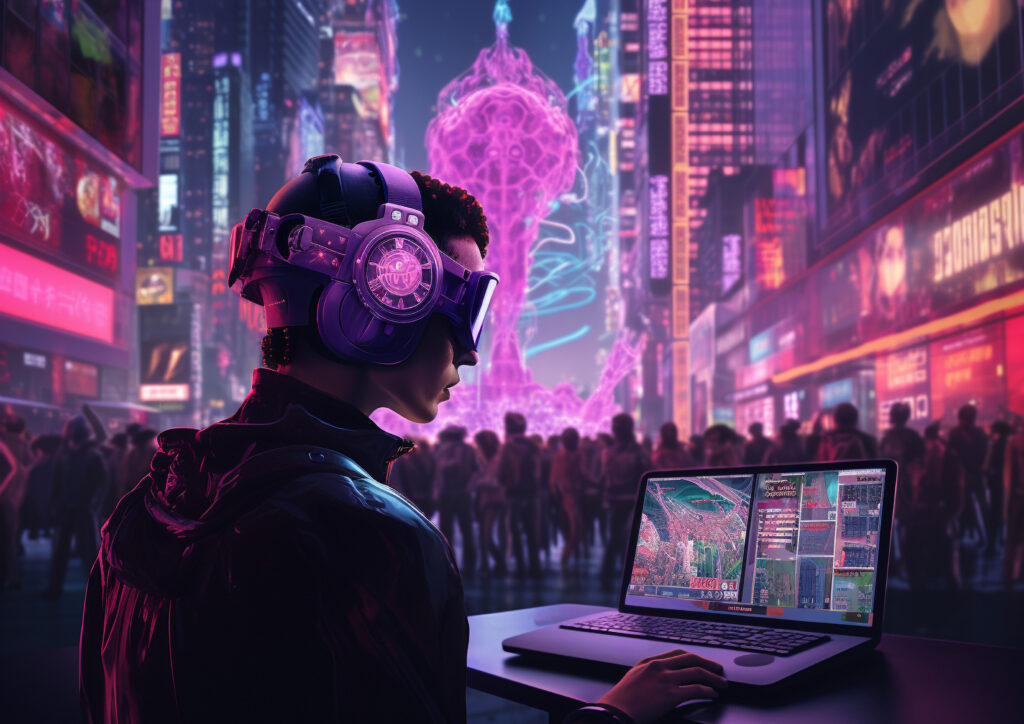
Industry Impact of AI Gaming Evolution 2025
Game Development Revolution
Gaming Evolution 2025 streamlines the development process. Instead of manual testing and level design, AI tools like procedural generators, bug detectors, and testing bots automate much of the work. Developers can now focus more on creativity and storytelling.
Business Models and Monetization
The integration of AI Gaming Evolution 2025 supports new monetization models. AI can analyze player preferences and suggest dynamic DLCs, personalized skins, or subscription tiers. This customization can increase player satisfaction and long-term engagement.
Education, Healthcare, and Training Applications
AI Gaming Evolution 2025 extends beyond entertainment. AI-based gaming simulations are now used for medical training, psychological therapy, and interactive learning. For example, AI-driven surgical simulators can give real-time feedback to medical students, improving accuracy and decision-making.
Real-World Examples of AI Gaming Evolution 2025
Example 1: AI-Driven Opponents
Modern strategy games already use AI opponents that analyze player tactics and adapt in real time. AI Gaming Evolution 2025 takes this further, creating enemies that evolve across sessions, offering unpredictable and exciting challenges.
Example 2: AI Conversations with NPCs
Some RPGs now feature AI-powered NPCs capable of generating natural, unscripted conversations. Their responses depend on your choices and tone, giving every player a unique narrative experience—another hallmark of AI Gaming Evolution 2025.
Example 3: Procedural World Building
Indie developers are using AI tools to generate entire worlds automatically. Each player explores a distinct map, with unique missions and environmental conditions—clearly demonstrating the creative potential of AI Gaming Evolution 2025.
How to Prepare for AI Gaming Evolution 2025
1. Learn and Upgrade Skills
Developers and designers should invest time in understanding AI, machine learning, and neural networks. Familiarity with AI engines and generative models will be essential to fully harness AI Gaming Evolution 2025.
2. Ethical Design Practices
As we embrace AI Gaming Evolution 2025, ethical considerations must guide design—ensuring fairness, transparency, and player control at all times. AI should enhance gameplay, not exploit players.
3. Collaboration and Resource Sharing
Small studios can benefit from partnerships with AI research labs or open-source communities to reduce costs and accelerate innovation in AI Gaming Evolution 2025.
4. Continuous Testing and Feedback
Regular testing is essential to balance AI difficulty and maintain enjoyable gameplay. AI Gaming Evolution 2025 demands constant tuning based on user feedback and real-world playtesting.
Conclusion
AI Gaming Evolution 2025 isn’t just a technological upgrade—it’s a vision of the future of play. Adaptive systems, intelligent NPCs, generative content, and immersive AR/VR environments are redefining how we interact with digital worlds.
As developers, players, and innovators, we stand on the brink of a new era where AI Gaming Evolution 2025 becomes the foundation of global gaming experiences. It will blur the lines between learning, entertainment, and creativity.
In the coming years, those who understand and adopt AI Gaming Evolution 2025 will not only create smarter games—but smarter gamers, too.
